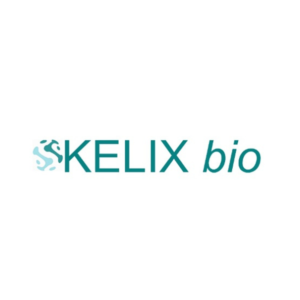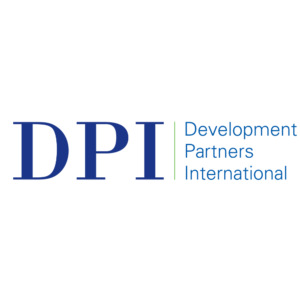DPI Insight: Our Impact-Centered Investment Approach
By Marc Stoneham, DPI Partner
Many companies talk about investing to create impact and follow ESG (environment, social and governance) principles. But few have been able to integrate these values into their model of investing in the way DPI has over the last 14 years. Most recently, we have developed an impact-centered investment process that is unique to the African Development Partners III (ADP III) fund.
From the outset of portfolio construction, the DPI Management System (DPIMS), focuses on our three main impact areas of climate change, gender balance and job growth/quality, which cover ten of the United Nations’ 17 Sustainable Development Goals (SDGs), including:
- No poverty;
- Gender equality;
- Decent work and economic growth;
- Reduced inequalities;
- Responsible consumption and production; and
- Climate action.
DPI ensures that its investment strategy is aligned with these goals and that they can be applied in every industry in which it invests. Additional impact objectives may also be applied, depending on the industry or geography of the investment. For example, financial inclusion could be a stated impact goal for a microfinance or banking investment; likewise, promoting equitable access to health products could be the focus for an investment in a pharmaceutical company.
Our system is based on a sound and stringent framework of ESG international standards and treaties, as well as impact-investing best practices. DPI is a signatory of the Operating Principles for Impact Management and the UN-backed Principles for Responsible Investment. Our Impact & ESG performance is also regularly monitored and audited by international development finance institutions.
On a practical level, this full integration of ESG and impact priorities extends across the entire process of investing. Each investment is screened at an early stage for the main ESG and impact opportunities that may come with it, as well as for potential risks.
Third-party experts support the due diligence and the identification of impact opportunities within each investment, and proprietary tools are used to select impact opportunities. We engage with the management of a prospective portfolio company to confirm the best impact opportunities that would come with investment, as well as to seek buy-in for the impact agenda from the company’s leadership.
An example of DPI’s investment in impactful companies is ADP III’s portfolio company, Kelix Bio. Established by DPI, Kelix Bio is a pharmaceutical manufacturing platform focused on broadening access across Africa to vital, life-saving drugs. The platform will leverage its manufacturing and R&D centre of excellence in India to strengthen its local manufacturing operations in Africa, while capturing synergies from centralised supply chain management and business development. The aim is to generate significant cost savings for healthcare providers across Africa and broaden the range of therapeutics available in underserved markets
In addition, we regularly engage with management teams and visit the businesses on the ground to see the Impact and ESG plans in action. Impact and ESG elements are integrated into monthly dashboards and quarterly reporting, as well as being presented in a stand-alone impact and ESG annual report that DPI publishes and distributes to its LPs.
The DPI Management System is also embedded within DPI itself, with dedicated Impact and ESG-focused team members that sit within the investment teams, to ensure ESG is integrated across the entire investment lifecycle. Beyond this, we also consider ESG and Impact KPI’s during the assessment process for staff remuneration and compensation programmes, including requiring employees to participate in annual training on Impact and ESG.
At DPI, ESG and Impact is not a one and done. The holistic approach we take to impact and ESG underpins our investment process, and we believe is an important part of our ability to deliver competitive returns for our investors.


